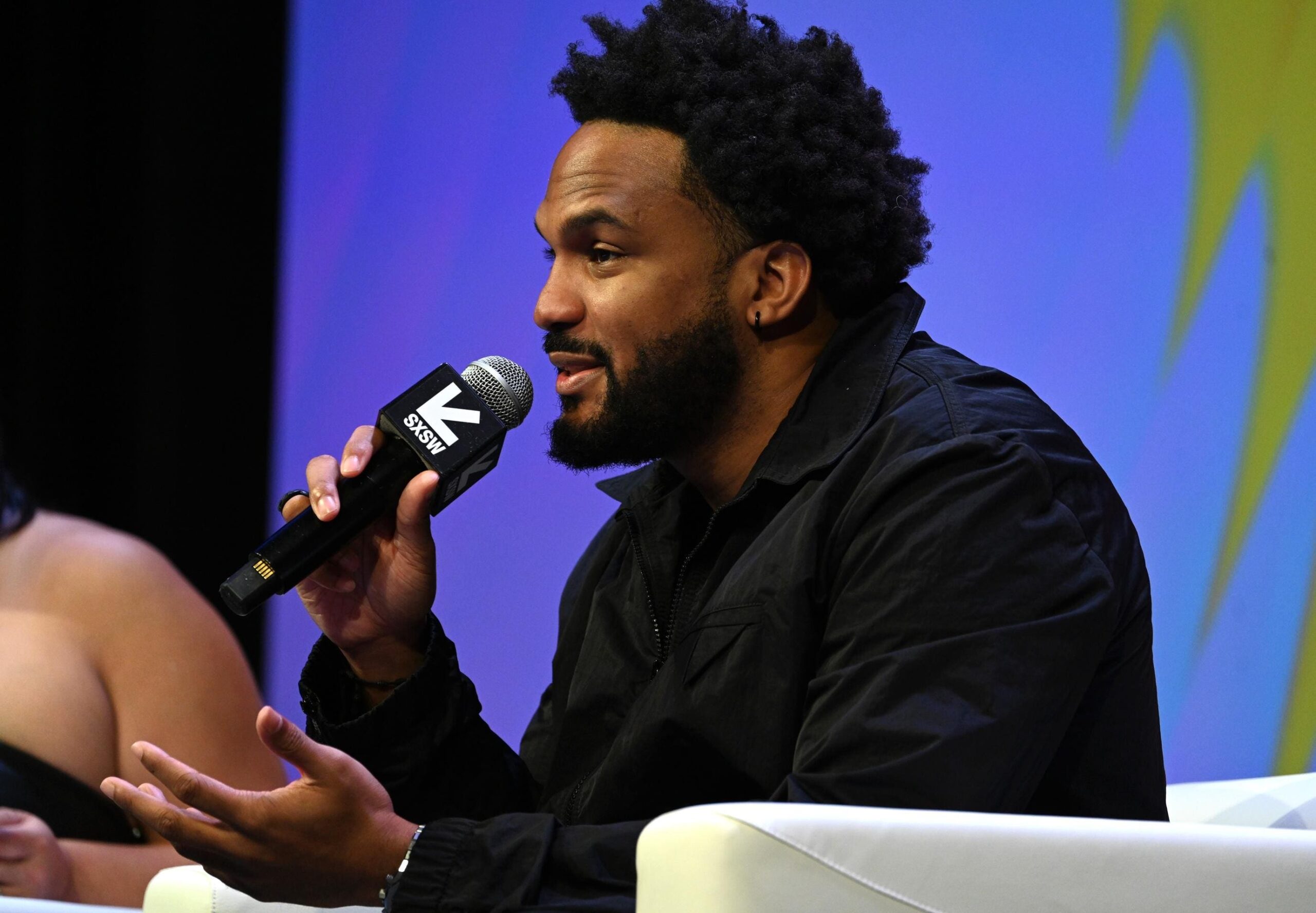
When Everette Taylor was named CEO of Kickstarter in 2022, it marked a historic milestone—not just for the pioneering crowdfunding platform, but for the tech industry, where Black leadership at the highest levels remains rare. At the time of his appointment, Taylor became one of only a handful of Black CEOs leading a global tech company—breaking barriers in a space that has long struggled with representation. Taylor wasn’t just making noise. He was making impact.
In a candid video conversation with Forbes, Taylor spoke about that journey—from the margins to the main stage—and how his unconventional rise continues to shape his leadership and Kickstarter’s comeback.
Raised by a single mother on the South Side of Richmond, Virginia, he dropped out of college—twice. He slept in his car, cold-called his way into rooms where no one expected to see him, and launched his first startup at 19.
That early boldness set the tone for a career defined by risk-taking, reinvention, and relentless drive. Without pedigree or privilege, Taylor forged his own leadership style—one that blends creative vision, market instinct, and a deep understanding of culture.
His big break came when tech veteran Mike Steib took a chance on him at Artsy, naming Taylor CMO at 29. “Mike taught me what it meant to be a CEO,” Taylor says. “Everything is your responsibility. No excuses.”
By the time he took the helm, Kickstarter’s shine was starting to dim. Though still the leader in its space, “revenue was declining, competitors were gaining ground, and the company’s cultural relevance had started to fade. We weren’t operating at the level we needed to be,” Taylor recalls.
To reignite Kickstarter’s influence as a vital player in a rapidly evolving digital ecosystem, Taylor made a bold bet on the creator economy. “I didn’t just want to be a leader in crowdfunding,” he says. “I wanted Kickstarter to be a leader in the creator economy.”
Since Taylor joined as CEO, creator education has become a central focus at Kickstarter, and over the past year alone, Kickstarter has rolled out dozens of new product features designed to support creators not just at launch, but to help them sustain, scale, and thrive throughout the full lifecycle of their projects.
It’s a vision that’s already showing results, as the company returned to consistent year-over-year revenue growth. “Project success rates on the platform have climbed from around 50% to 65%,” he says. “That matters more to me than revenue or any other metric because our mission is to help bring creative projects to life—and that starts with giving creators the tools, support, and education they need to succeed.”
But the transformation hasn’t stopped at product innovation. Taylor also reimagined the company’s internal culture to reflect the diversity of the global creative community it serves. “Inclusivity was mission-critical,” he says. “It started internally—with our team. My CMO is a Black woman. My head of content is a man of color. Our head of social is a woman of color. We built a team that looks like the world we serve.”
With that diverse leadership team in place, together they revamped outreach and education, expanded funding initiatives, and positioned Kickstarter not just as a launchpad, but as infrastructure for creators of all kinds. “From first-time indie artists to billion-dollar brands like L’Oréal, Kickstarter is now a platform built to meet creators where they are.”
“For me, this work is personal,” Taylor says. “I know what it’s like to fight for an opportunity. I know what it means to have someone believe in you. That’s what we’re building at Kickstarter—a place where creators don’t just launch projects, they build movements.”
Two years since Taylor first stepped into the top role at Kickstarter, now 35, he remains an anomaly in the tech C-suite. But he’s determined not to be the last. “There are so many incredible Black men and women who deserve these seats,” he says. “I carry the responsibility of paving the way for them.”


